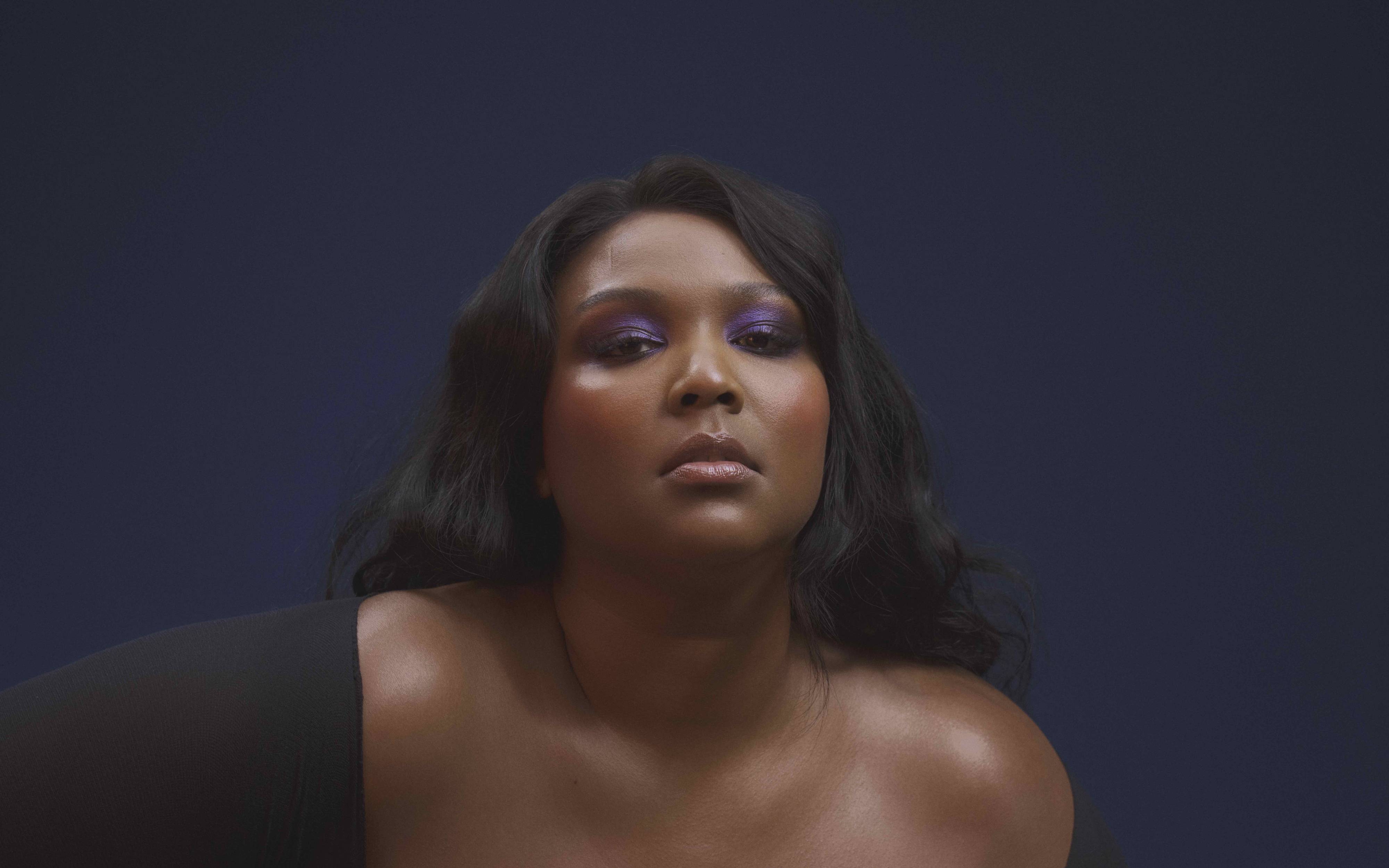We could all take a page from the singer’s book of self-assurance.
Lizzo is a bona fide style icon. Since she came onto the scene, the “Good As Hell” singer has never been one to shy away from innovative fashion statements, especially when the ensemble involves bearing some skin. Her most recent head-turning look was just this week, when the star stepped out in a crystal see-through dress. The glistening, sheer purple outfit is reminiscent of the famous Swarovski crystal gown that Rihanna sported to the 2014 CFDA awards — even still, it is so uniquely Lizzo. The fashion moment has (understandably) been the topic of social media praise since the first snaps hit the internet. To her fans, Lizzo’s ability to consistently turn these types of risqué looks is a testament to her unshakable self-love. Now, she’s working to help others achieve the same self-confidence. Earlier this year, the singer announced her partnership with the Dove Self-Esteem Project, which aims to address confidence issues resulting from social media use.
Part of what makes Lizzo so great is that her aura of confidence is contagious. From her lyrics of self-assurance to her refreshingly candid social media presence, she seems to have it all together. But this has not always been the case. “My self-love journey was literally for survival,” she says. Since she began to gain popularity within the notoriously critical entertainment industry, Lizzo has become an advocate for body acceptance — not out of desire, but out of necessity — in response to the fatphobia she’s often received. “I thought, ‘If I’m going to continue living in this body, I have to find a way to like myself.’” And that she did. The star has become synonymous with the concept of self-love, and now she wants to help young people struggling to attain it.
Lizzo’s partnership with the Dove Self-Esteem Project addresses how social media can worsen our feelings of self-worth. A key part of the initiative is The Selfie Talk, a guide for parents and teachers wanting to discuss digital photo altering and unrealistic beauty standards with kids and teens. One of the tools available for download is Dove’s Confidence Kit, a self-esteem resource written by experts in the field designed to help parents and teachers navigate these difficult conversations. The kit was developed as a result of shocking survey findings — like the fact that by the age of 13, 80 per cent of Canadian girls have downloaded a filter or used an app to change the way they look in photos, or that 37 per cent of girls between ages 10 and 17 say they don’t feel confident posting a picture of themselves without editing it first.
“It was much easier before Instagram and TikTok,” says Lizzo. “My heart goes out to young people growing up in a world that’s constantly showing them who they should be.” The singer notes that trends in women’s body types have fluctuated through the decades — and this contributes to falling self-confidence. “Women’s bodies have always been seen as a trend, and this is inherently an issue. It’s so important to find love and acceptance within ourselves, because then no matter what movement or trend comes along, we know that we’re good.”
As for Lizzo’s role in changing the conversation, she’s ready to move past talking about her appearance. “My body has been politicized since I stepped onto the scene wearing leotards. It was shocking to see in 2015, but now you all know what it looks like. You’ve seen it naked, in couture and at the Met Gala. Let’s stop talking about it and normalize bodies just existing.”
